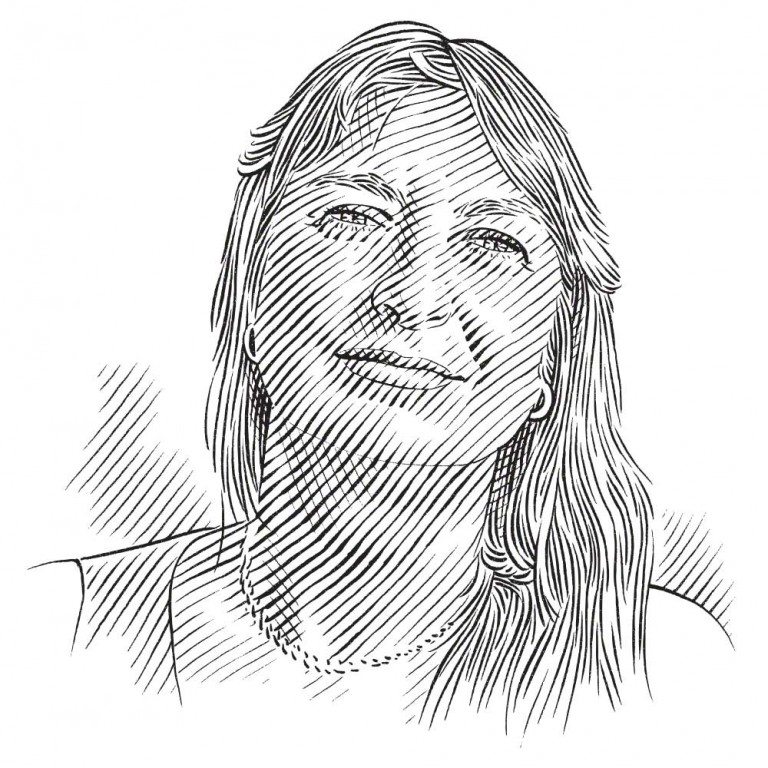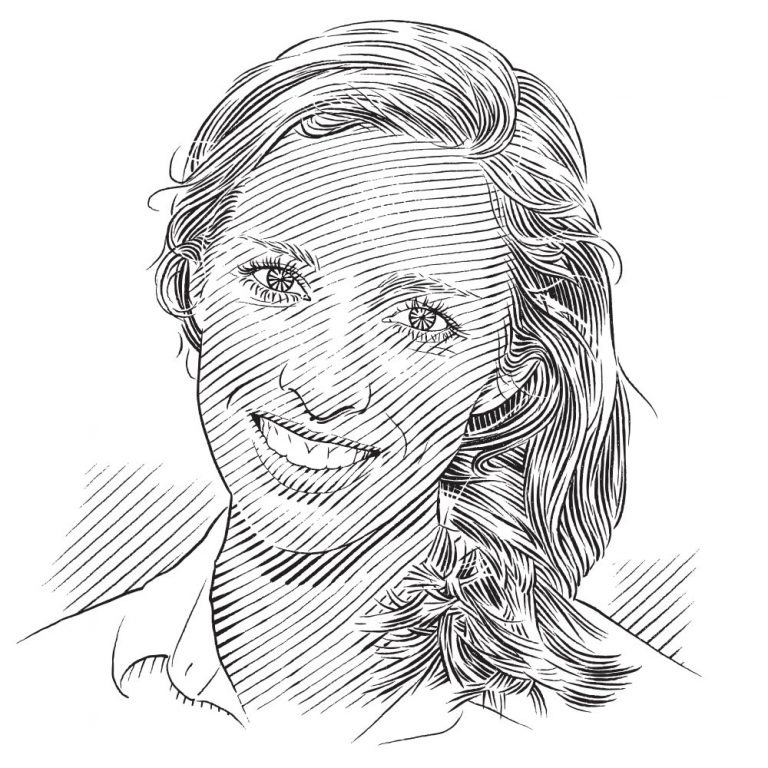A feeling for turtles
In 2004 a new turtle-monitoring programme began in the Amirantes Islands in the Seychelles. Seventeen years later, it is the oldest community-managed turtle-monitoring programme in the country. Clare Keating Daly shares the story of Jean-Claude Camille, one of the first volunteer monitors who has now become a conservation ranger.
On a Saturday afternoon in early November 2004, house painter Jean-Claude Camille made his way to the D’Arros Research Centre to embark on a walk that changed his life. Activities surrounding the arrival of a particular woman on the island included an after-work meeting. The woman, a researcher who had visited D’Arros many times before, was looking for Seychellois volunteers to participate in a study of the sea turtles that nest on the beaches of D’Arros Island and St Joseph Atoll. She had already enlisted one worker, Mike Botsoie, and she hoped on this trip to find at least one more. A call had gone out the day before that there would be a training session at 4 pm on the Saturday. Jean-Claude and three other men showed up, drawn by the promise of rewarding recreational activity on their quiet and remote island home.
The woman was Dr Jeanne Mortimer and she was in the process of establishing community-based monitoring of nesting hawksbill and green turtles as one of the programmes of the newly constructed D’Arros Research Centre. The premise was nothing new to Jeanne. Back then, she had been studying turtles in the Seychelles for nearly 24 years and had set up long-term turtle-monitoring programmes at many locations around the country. But the D’Arros programme would be different from the others. To begin with, it would be the first to be set up in the Amirantes group of islands in the Seychelles. More importantly, the staff of this programme would consist not of professional or conventional conservation workers, but of Seychellois labourers interested in collecting data about the turtles and doing so outside their normal working hours. That Saturday afternoon, Jeanne was not optimistic about the crew that showed up for training.
‘At that time,’ Jean-Claude told me, ‘every weekend we were supposed to have our drink.’ Recalling perhaps more carefree days and still finding humour in the fact that Jeanne thought the volunteers would show up sober, he continued, ‘But we couldn’t stay without our drink when Jeanne took us on a walk that Saturday.’ He let out a deep, rolling laugh. ‘And that day was a lot of fun on the beach!’
Clearly none of the aspiring crew had heeded the call for sobriety. But Jeanne was, and still is, an exceptionally dedicated researcher. Optimistic and open-minded, she embraced the challenge – and the fun – and led the stumbling men around the island, training them how to measure tracks, tag turtles and record data.
‘I wasn’t interested in turtles,’ explained Jean-Claude. ‘Not then, before Jeanne came. Nobody was working on the turtles. Some people were even killing them. For me that was a bad idea, the killing.’ Yet his interest was sparked on that first walk with Jeanne. Although she had to leave the island the next day, Jean-Claude continued the walks, and his training, with Mike Botsoie until she returned two months later.
Jeanne’s progressive approach to turtle monitoring has paid off. Today, the community-based turtle-monitoring programme on D’Arros is the longest-running such initiative in the Amirantes. Even more remarkably, it is the only one of its kind that consists entirely of Seychellois workers, who join the team with no previous conservation experience.
‘It was obvious almost from day one that Jean-Claude developed an attraction for the turtles,’ recalled Jeanne. ‘During those early months both Mike and Jean-Claude were working on a volunteer basis, without pay.’
SOSF D’Arros Research Centre
A biological field station based on D’Arros Island in the Amirantes Group, Seychelles, the SOSF D’Arros Research Centre (SOSF–DRC) conducts research on the pristine D’Arros Island and St Joseph Atoll and the waters around them. In recognition of the islands’ outstanding natural values, the research centre was established in 2004 and tasked with becoming a regional centre of excellence for marine and tropical island conservation. Initially, collaborations were established with local and international institutions and baseline ecological surveys were conducted in the various habitats. Over the ensuing years an increasing number of research projects and monitoring programmes were implemented in response to questions raised by the baseline surveys and by visiting scientists. More recently, the centre expanded its activities to include ecosystem restoration and environmental education.
Today the SOSF–DRC boasts the longest-running nesting turtle monitoring programme in the Amirantes and the most detailed and technically advanced coral reef monitoring programme in the Seychelles, making use of techniques such as stereo-video photogrammetry, photoquadrats, remote underwater video systems (BRUVs) and visual census. The research centre also maintains the largest acoustic receiver array in the Seychelles, which monitors the local movements of sharks, manta rays, stingrays, turtles and fish. Since its inception in 2004, the centre has initiated no fewer than 36 research projects in collaboration with more than 26 conservation institutions. The projects have resulted in 10 peer-reviewed scientific papers, one PhD and one MSc dissertation, five conference presentations and 27 scientific reports.

